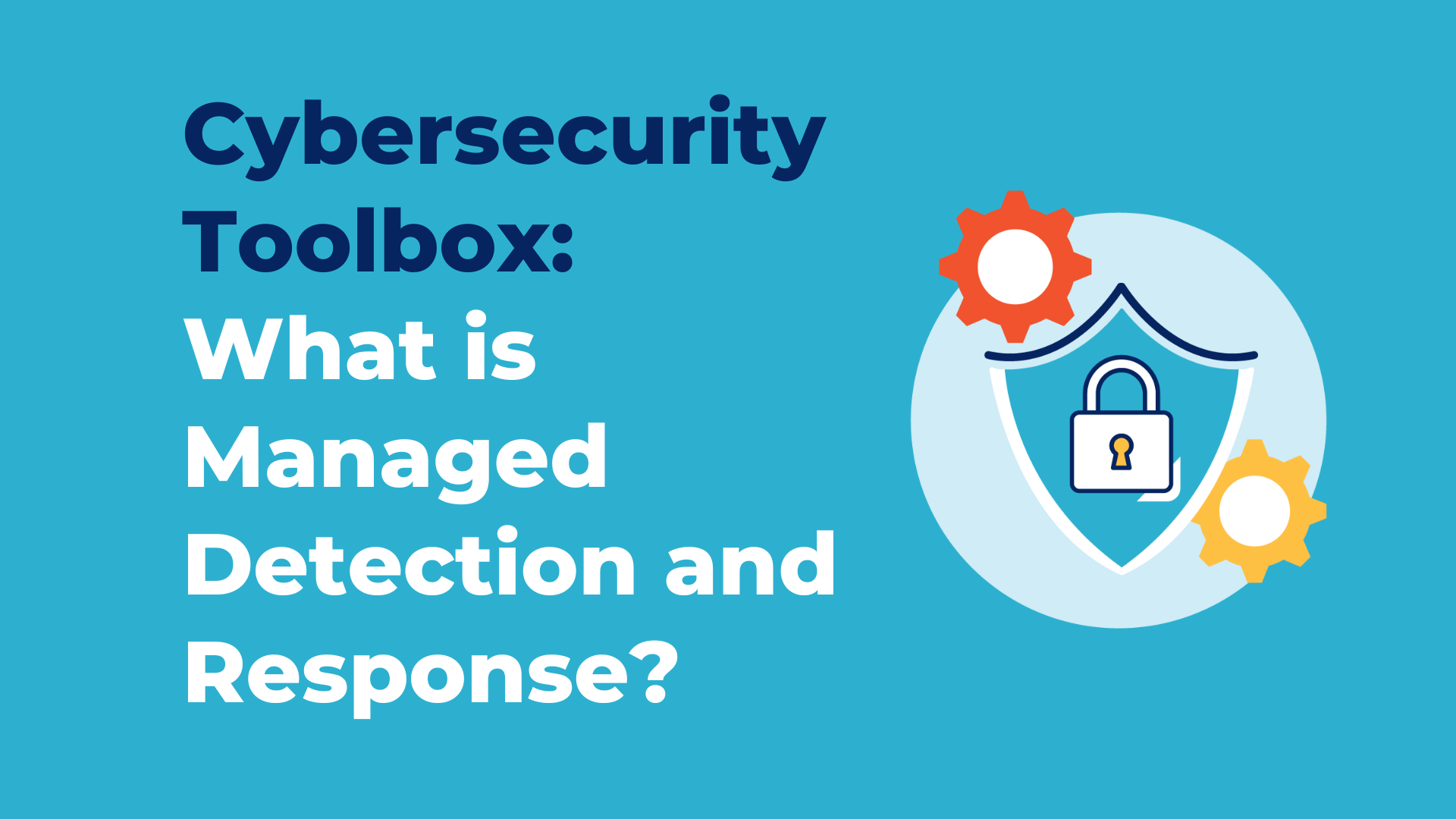XDR automatically correlates data to prioritize alerts, reducing false positives and ensuring that SOC analysts resolve most of the threats before engaging your team.

Extended Detection and Response (XDR)
Is Extended Detection and Response (XDR) Right For You?
Bad actors are getting better every day — and they only need seconds to exploit a vulnerability or trick an employee into opening a malicious file. If your security posture is not improving just as quickly, your organization risks falling behind.
For many teams, the problem is that their security tools aren’t connected. When systems operate in isolation, it’s harder to see what’s happening across the environment or respond effectively when something goes wrong.
Extended Detection and Response (XDR) brings your tools and data together to improve visibility, speed up response, and strengthen your overall security posture.
XDR Could Be Right For You If:

You manage multiple security tools that don’t share data
XDR brings those tools together, connecting data and telemetry across systems to provide a clearer picture of potential threats.
You don’t have 24/7 internal resources to monitor and respond to threats
A SOC team monitors your environment around the clock and responds to alerts on your behalf.
You need better visibility across your entire IT environment
XDR brings together data from across your systems and applications to give you a unified view of your security posture.
You’re looking for a more proactive way to stop threats before they cause damage
With real-time detection, threat intelligence, and automated response, XDR helps contain threats early.
Your team is experiencing a cybersecurity skills gap
Implementing XDR reduces the manual effort required to track threats across multiple systems and write complex queries to get the necessary security information.
FAQs
Frequently Asked Questions
Yes, XDR helps meet requirements for frameworks like HIPAA, PCI-DSS, and others by improving detection, response, logging, and reporting.
Yes, XDR solutions can be tailored based on your existing environment, risk tolerance, and compliance requirements.
RELATED Resources

Working With Us
What to expect from a strategic partnership with WIN Technology

Understanding Fit
Our process is collaborative from the start. As we discuss your expectations, we communicate openly, and we keep the promises we make.

Understanding Needs
Through our discovery process, we seek to build an accurate understanding of your needs so that a sound and mutually understandable promise can be made.

Right-Sizing the Effort
The elements of your proposal are refined as your needs become clear. This ensures alignment on the anticipated value of what we commit to deliver to you.

Proving Competency
As we engage in the project, we monitor and discuss status, performance, changes and improvements through our established delivery and communication practices.

Partnering for the Future
Throughout our partnership, as we keep the promises we have made to you, we enrich the value of services with a continuous focus on practical next steps.



